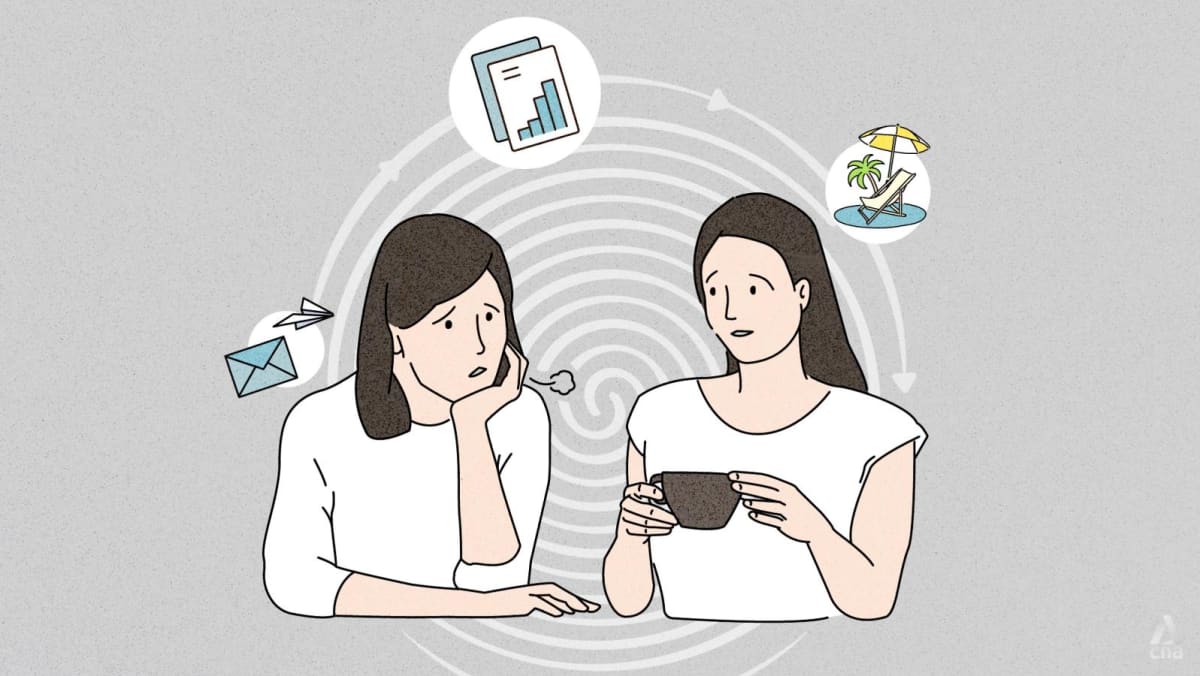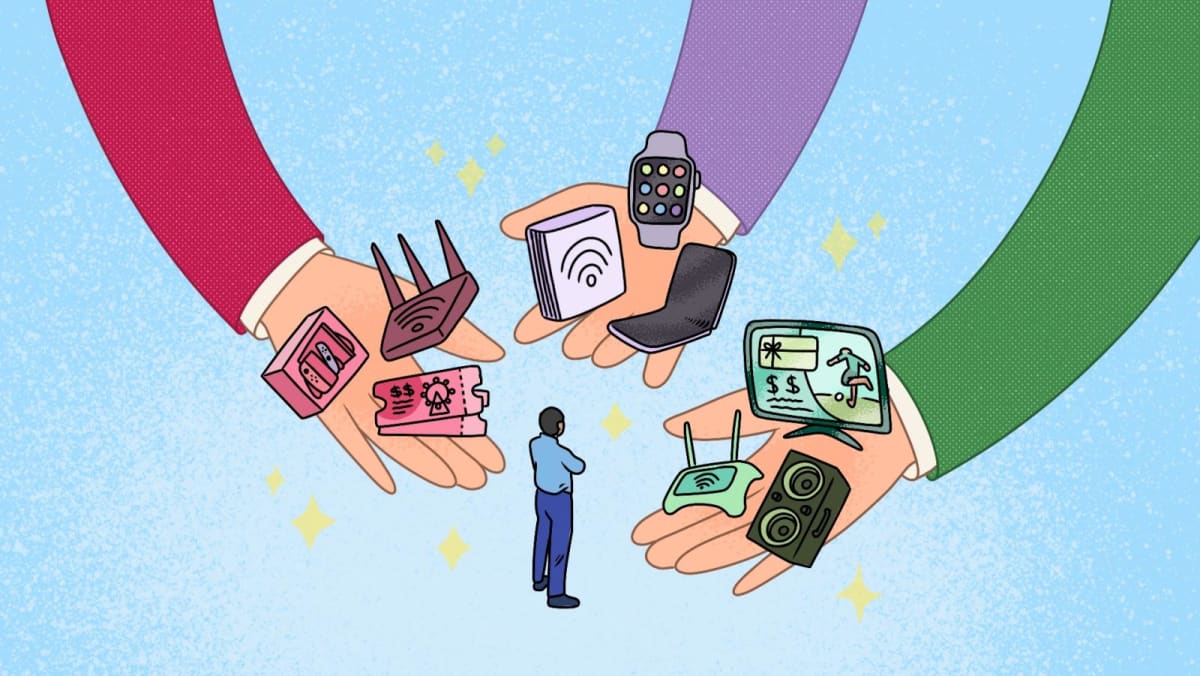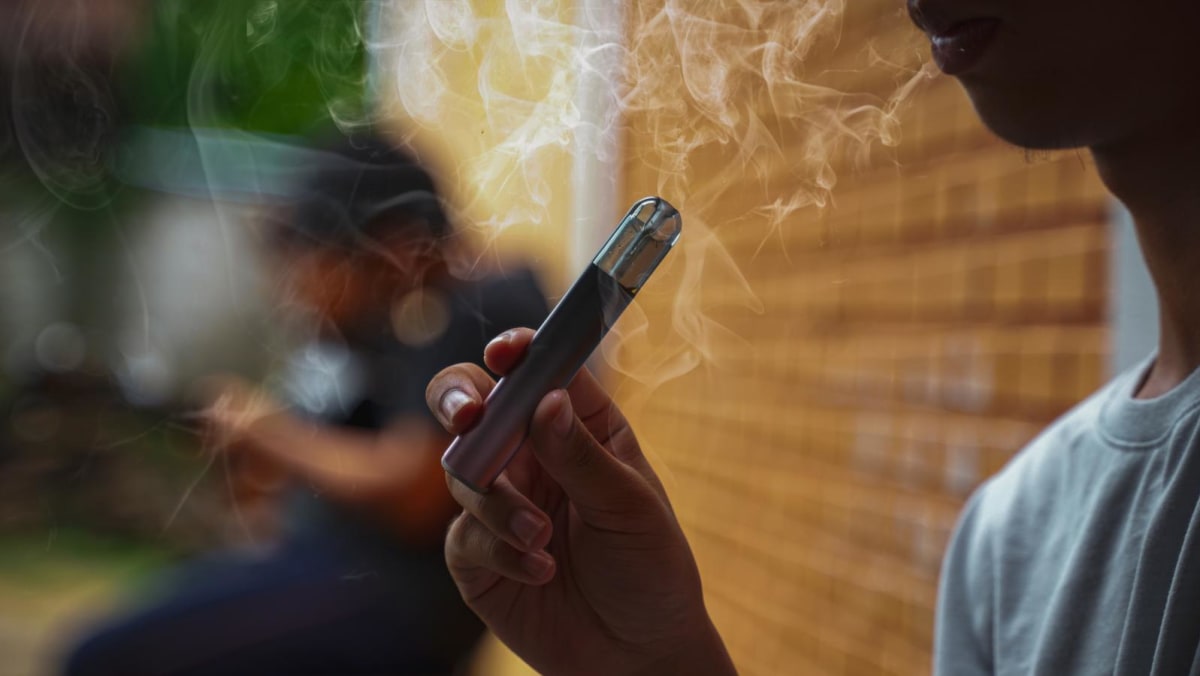BAN MOBILE PHONES FROM UNIVERSITY CLASSROOMS
These are strong arguments for banning phones and laptops in schools – in the classroom, in the cafeteria, during recess and at other times throughout the school day. Thankfully, this data has precipitated new policies across the US. As of April, 11 states had enacted statewide bans or restrictions on mobile phone use or access in public K-12 schools. Additional states have legislation pending to either ban or restrict students’ phone use or access in school.
This trend has not caught on in colleges and universities. My searches have turned up just one small college, Wyoming Catholic College, that has banned mobile phones in the classroom.
While most college students are legal adults, neuroscience teaches us that they are not biologically adults. Their prefrontal cortices, the part of the brain that controls planning, executive functioning and risk taking, aren’t fully developed. They sometimes exercise poor judgment, act impulsively and make decisions that damage their social relationships and learning.
That’s among the reasons that students’ education, particularly for undergraduates, is entrusted to professors and university leaders.
What I would really like is for every university classroom to be treated more like the sensitive compartmented information facilities, or SCIFs, in the White House and other government buildings: Phones are not permitted and are locked in cubbies outside of every room. Students would have to deposit their phones before class and pick them up after class.
Ideally, professors could still choose to opt out of this policy, especially if phones or other mobile devices were integral to the educational process and content of the class.
I’m certainly not alone. I recently learned that my class was not the only one at the University of Pennsylvania to ban mobile phones. At least one philosophy professor on campus bans phones from his class, too. And in a religion class titled Living Deliberately: Monks, Saints and the Contemplative Life, students are asked to forswear their phones for 30 days as part of experiencing a monastic life.
If bans on phones and computers in classes were widely instituted, students might learn more from their classes, be more willing to speak their minds in class, be more at ease in their social interactions and feel more fulfilled. Let’s go back to the good old days, nearly two decades ago, when students had only flip phones and were learning more.
Ezekiel J Emanuel is a physician and a professor of medical ethics and health policy at the University of Pennsylvania. This article originally appeared in The New York Times.














